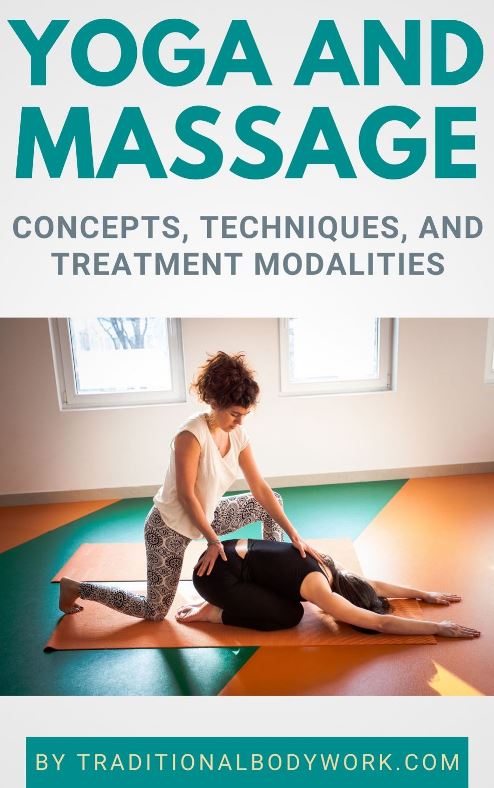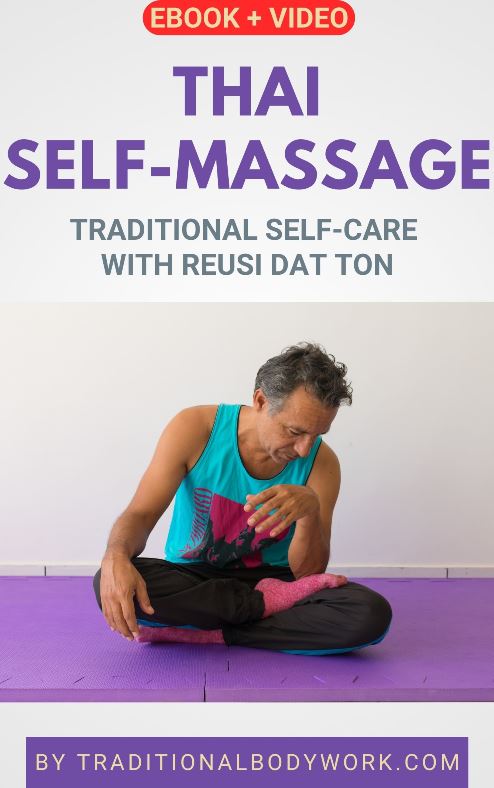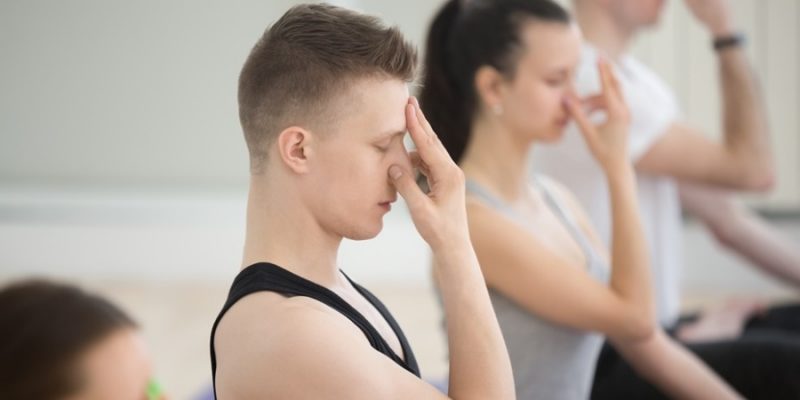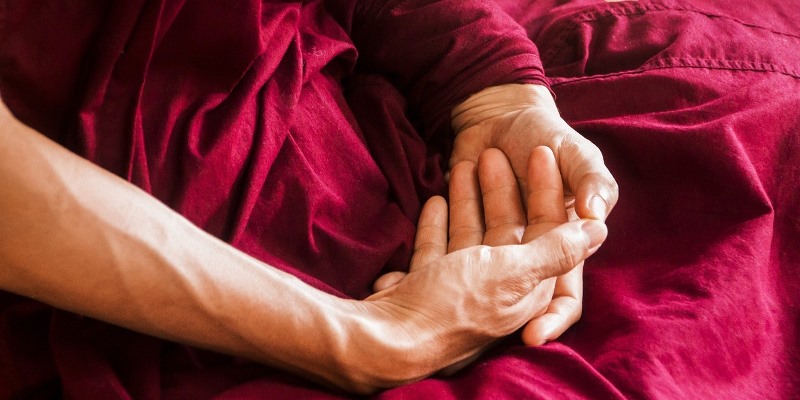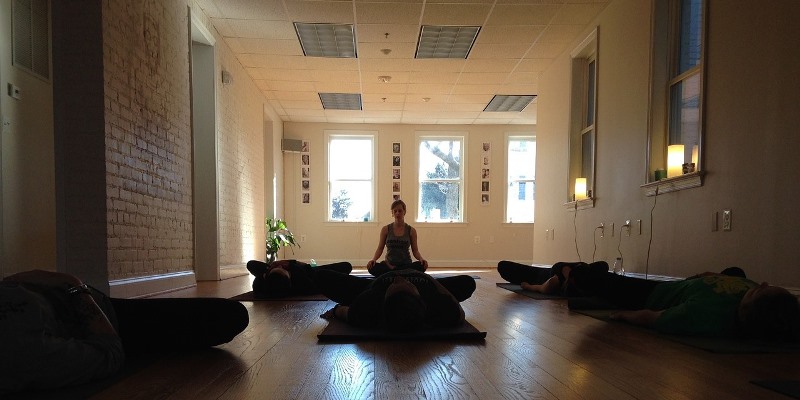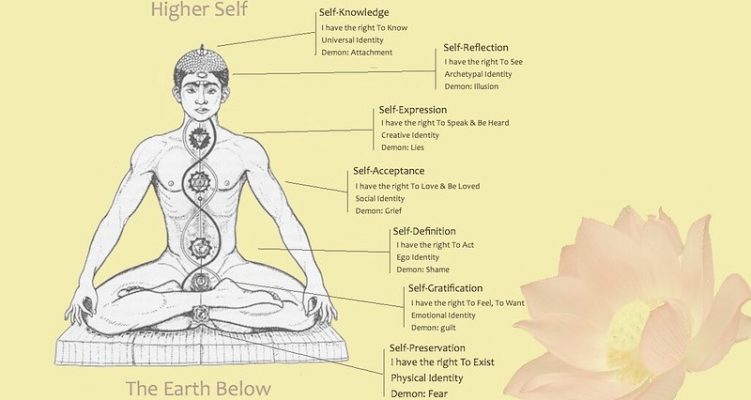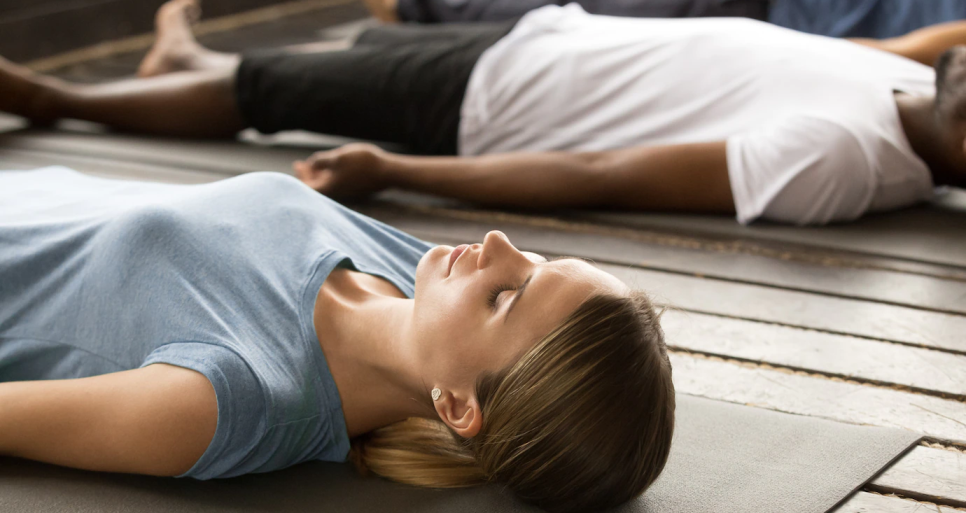
Is your mind always racing, and you never feel restful or relaxed?
Even basic tasks can seem insurmountable.
But there are things you can do to ease your symptoms and help improve your overall well-being. One of the most important of such is practicing breathing exercises every day. These exercises will help calm your mind and body and allow you to cope better with the challenges of daily life.
Here are some breathing exercises for people with depression or anxiety. Give them a try and see how they work for you!
Exhalation Emphasis
The Exhalation Emphasis breath is a simple yet highly effective breathing exercise that can reduce feelings of anxiety. Start by lying down in a comfortable position, then close your eyes and focus your attention on the sensation of your breath as it moves in and out of your body.
As you take slow and deep breaths, focus on extending the length of each exhale while maintaining an even rhythm. Allowing yourself to pay attention to every breath will naturally bring you into a calmer state, as you focus on simply noticing the sensation without judgment.
This simple exercise can be carried out anytime you are feeling overwhelmed or anxious, and it can offer great results with regular practice.
Alternate Nostril Breathing
Alternate nostril breathing (or Nadi Shodhana) is an ancient yogic practice that helps to bring balance and harmony to both mind and body. This simple breathing technique involves inhaling through one nostril and exhaling through the other.
It helps to reduce anxiety as it allows us to switch focus from our thoughts to our breath, calming the central nervous system. It can also be used in times of acute stress or panic since its effects are almost immediate.
When practiced regularly, alternate nostril breathing can help to lower stress levels, improve concentration, and provide clarity of thought.
In addition, by taking deep, conscious breaths, we increase our oxygen intake, which helps relax tense muscles. This increased relaxation can make it much easier for us to cope with difficult emotions associated with anxiety.
Deep Breathing
Deep breathing is an exercise long touted by medical professionals as a way to promote physical and mental well-being, and it’s especially beneficial for people with depression. The simple act of taking slow, mindful breaths can be remarkably calming for those struggling with depression, helping to reduce physical tension and provide momentary relief from negative thoughts.
When done properly, deep breathing can even stimulate the parasympathetic nervous system in a way that encourages relaxation and boosts mental resilience over time. To practice this exercise, start by sitting or lying in a comfortable position.
Afterward, take your time to inhale deeply through your nose and exhale slowly through your mouth. Keep your focus on the sensation of your breath as it moves in and out of your body. As you do this exercise every day, you may find that it becomes easier and more beneficial with each repetition!
While there are other forms of breathing exercises well worth exploring, deep breathing is easy to learn and provides immediate results-no matter your level of fitness or yoga experience.
Equal Breathing
Equal breathing (Sama Vritti) is an effective technique for dealing with depression that involves equal inhalations and exhalations, usually to a count – for instance, inhale for 4 seconds and then exhale for 4 seconds. Regular practice can improve an individual’s mental, emotional, and physical state by calming the nervous system.
In fact, according to research done on similar forms of breathwork, this type of exercise can reduce stress levels significantly. It also helps to develop body awareness, which can lead to increased self-regulation skills, making it easier to manage life’s ups and downs.
People with depression should aim to do 10 minutes of equal breathing twice a day to gain the full range of benefits this type of exercise has to offer.
Conclusion
These are just a few of the many different types of breathing exercises that can help with depression and anxiety. With practice, each of these techniques can become a valuable tool for managing stress and improving overall well-being. By regularly practicing breathwork, you can learn to regulate your emotions in challenging situations and cultivate greater self-awareness — both keys to better mental health.
Remember, it’s important to find an exercise that works for you and make it part of your daily routine. While results may not be immediate, over time, you’ll likely start to notice positive changes in how you manage your depression and anxiety symptoms.
Beckley Retreats, the world’s leading provider of psychedelic retreats, offers a variety of unique breathwork exercises, including yoga-inspired breathing techniques and mindfulness practices that can improve mental health and well-being. Beckley Retreats provides access to experienced facilitators who can help guide you on your journey to becoming healthier and more resilient.
Take the first step in taking care of your mental health today by exploring Beckley Retreats’ range of breathwork options!

